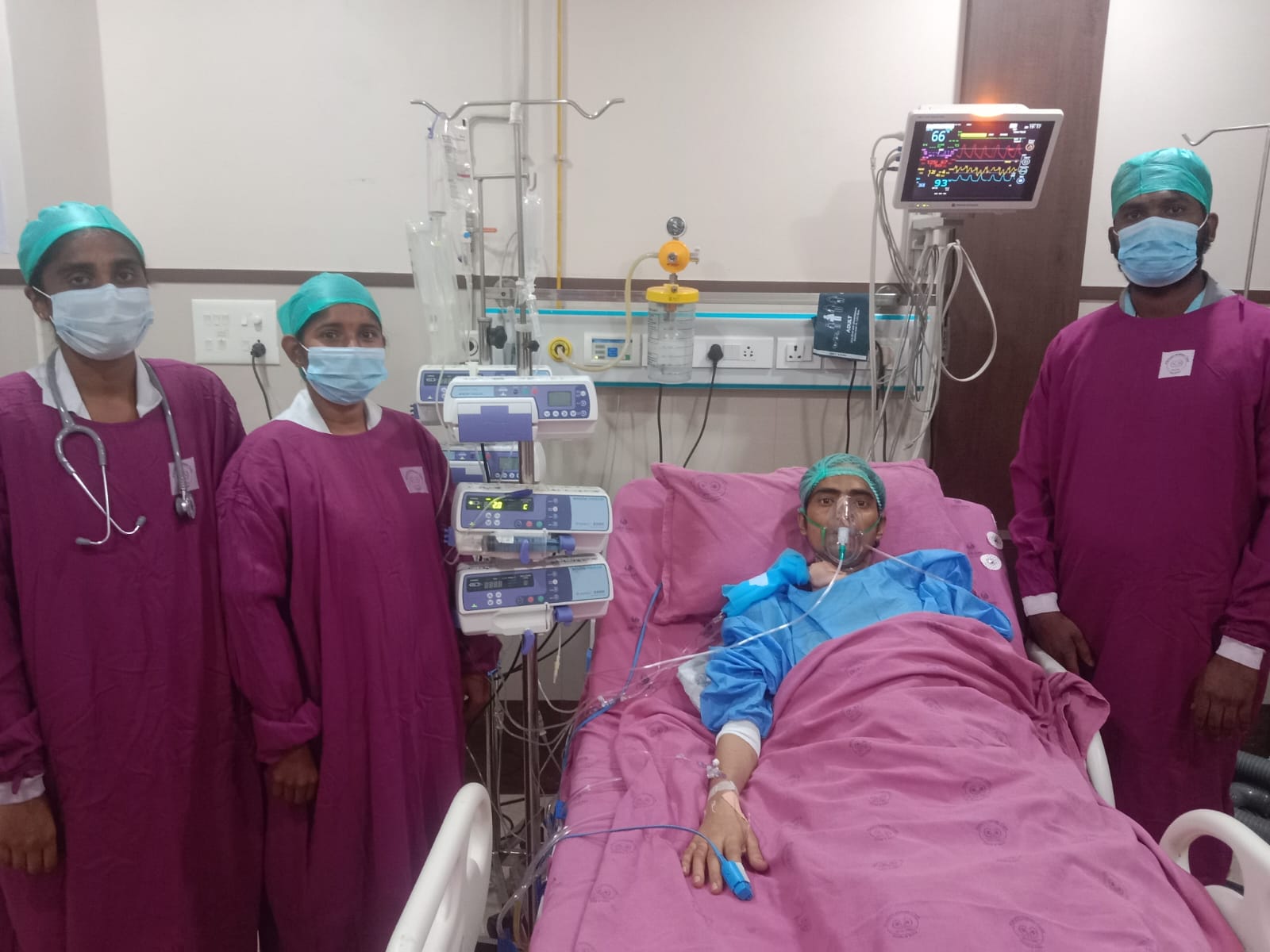Liver Transplantation
Liver Transplantation is a life-saving procedure that involves replacing a diseased or damaged liver with a healthy liver from a deceased or living donor. It is a complex surgical intervention performed to treat end-stage liver disease or acute liver failure. The transplantation process begins with a thorough evaluation of both the donor and the recipient to ensure compatibility. Once a suitable liver is found, the recipient's diseased liver is removed and replaced with the healthy liver. Following the procedure, patients require lifelong immunosuppressive medications to prevent organ rejection and regular medical follow-ups to monitor liver function. Liver transplantation offers a new chance at life, providing improved liver function, restored health, and increased life expectancy for individuals facing severe liver conditions.
Liver transplantation is most commonly performed for patients with end-stage liver disease, which can result from various causes, including:

- Cirrhosis: The scarring of the liver due to long-term liver damage from conditions such as chronic hepatitis B or C, alcohol abuse, or nonalcoholic fatty liver disease.
- Acute liver failure: Sudden and severe impairment of liver function, often caused by drug overdose, viral hepatitis, autoimmune hepatitis, or other acute liver conditions.
- Liver cancer: Some individuals with liver cancer may be eligible for liver transplantation if the tumor is within certain size and number limits and has not spread beyond the liver.
The liver transplantation process involves several steps:
- Evaluation: Candidates for liver transplantation undergo a thorough evaluation to determine their overall health, severity of liver disease, and suitability for the procedure. This evaluation includes medical history, physical examinations, blood tests, imaging studies, and possibly a liver biopsy.
- Waiting list: If the patient is deemed eligible, they are placed on a waiting list for a suitable donor liver. The alSatellite Center of donor livers is based on various factors, including blood type, severity of illness, and waiting time.
- Surgery: Once a suitable liver becomes available, the transplant surgery is performed. The diseased liver is removed, and the healthy donor liver is implanted. The surgery typically takes several hours, and the patient is placed under general anesthesia.
- Postoperative care: After the surgery, the patient is closely monitored in the intensive care unit (ICU) for a few days. They will receive medications to prevent organ rejection and manage any complications. The length of hospital stay varies, but most patients require a stay of about one to two weeks.
- Recovery and follow-up: Following hospital discharge, patients need to take immunosuppressant medications to prevent organ rejection and undergo regular follow-up visits with their transplant team. These visits include monitoring liver function, managing medication doses, and addressing any concerns or complications.
Liver transplantation is a complex procedure, and potential risks and complications can arise, including organ rejection, infection, bleeding, or complications related to immunosuppressive medications. However, advances in surgical techniques and improved postoperative care have significantly increased the success rates of liver transplantation, and it remains the most effective treatment for end-stage liver disease.

